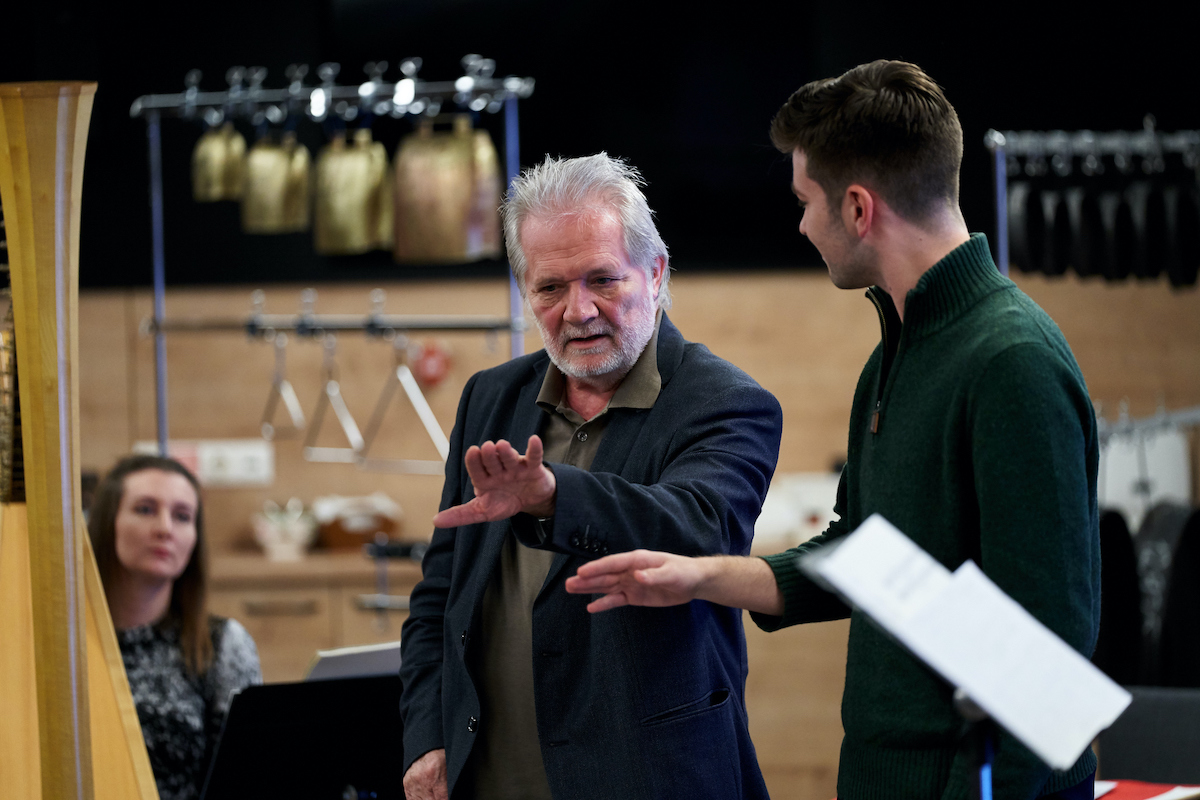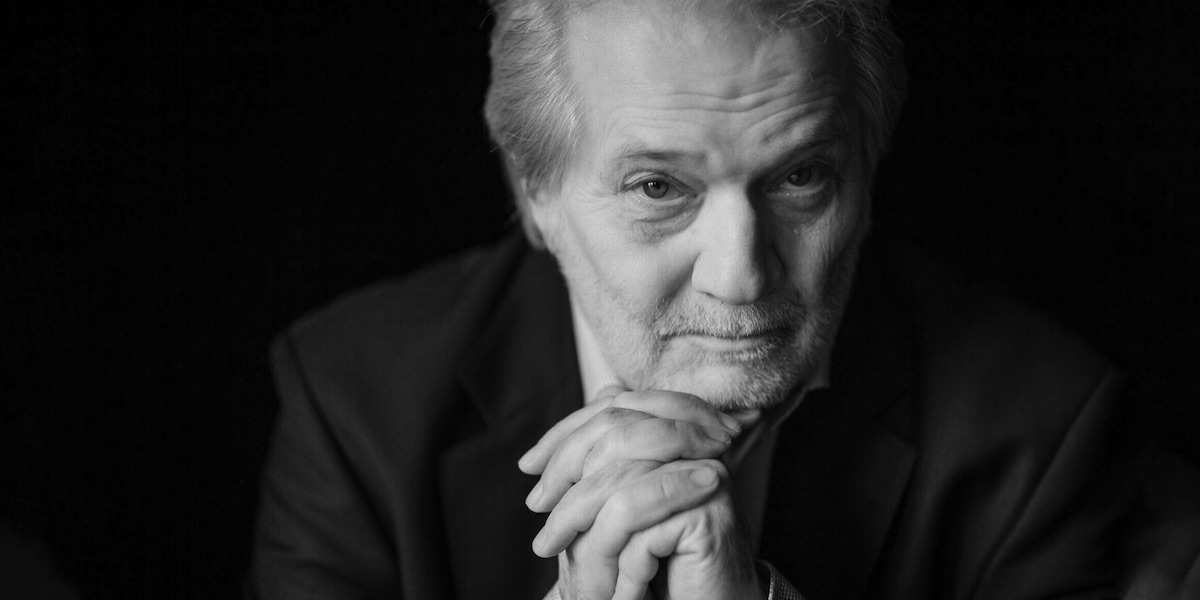The composer Peter Eötvös, a tireless advocate for contemporary music over a career spanning six decades, has died in Budapest after a long illness. He was 80.
Born in Transylvania (then part of Hungary, now Romania), Eötvös studied composition in in Hungary and in West Germany. He composed scores for some notable Hungarian films in the early 1960s before coming to international attention as a member of the Stockhausen Ensemble between 1968 and 1976.
He later served as musical director and conductor of the Ensemble intercontemporain (EIC) and from 1985 to 1988, was principal guest conductor of the BBC Symphony Orchestra.
Between 1997 and 2023, he published 14 operas.

Peter Eötvös, 1944–2024. Photo © Bálint Hrotkó
Raised in a musical family (his mother was a well-known pianist and teacher), the young Eötvös took to the piano and, aged 11 came to the attention of György Ligeti after winning a competition. Aged 14, he undertook study under Zoltán Kodály at the Franz Liszt Academy of Music.
By the late 1950s, Eötvös was working as a film accompanist, often improvising scores on piano and organ before graduating to writing scores for directors Zoltán Fabri and István Szabó.
By 1970, Eötvös was experimenting with tape machines and electronics and in 1970, after securing a scholarship to study in West Germany, he went to work under Karlheinz Stockhausen. He later became his studio engineer and copyist.
In 1981, Stockhausen entrusted him with conducting the premiere of his opera Donnerstag aus Licht at La Scala in Milan (minus the third act, which had to be omitted due to a strike by the opera chorus).
In 1978, Pierre Boulez asked Eötvös to conduct the opening concert of IRCAM in Paris and he was then appointed musical director of Boulez’s Ensemble intercontemporain, holding the position until 1991.
Eötvös wrote his first major operatic work, Chinese Opera, to celebrate the 10th birthday of the ensemble in 1986. He went on to compose a number of opera and opera-theatre hybrids including Three Sisters (1986), based on Chekhov’s play, Angels in America (2004, based on Tony Kushner’s epic drama) and Love and Other Demons (2008). His wife, Mari Mezei, was a significant contributor to this body of work, acting as dramatic advisor and librettist.
Throughout his career, Eötvös was a tireless advocate for contemporary music, championing the works of emerging composers and fostering dialogue between artists across cultures and disciplines. He also kept a finger on the social and political pulse of the times, which inspired him to write works such as Alle vittime senza nome, in memory of African immigrants who lost their lives at the sea, and the opera Der goldene Drache (The Golden Dragon), inspired by stories of migrants eking out a living without a work permit.
The composer’s death was announced by his family on 24 March.


